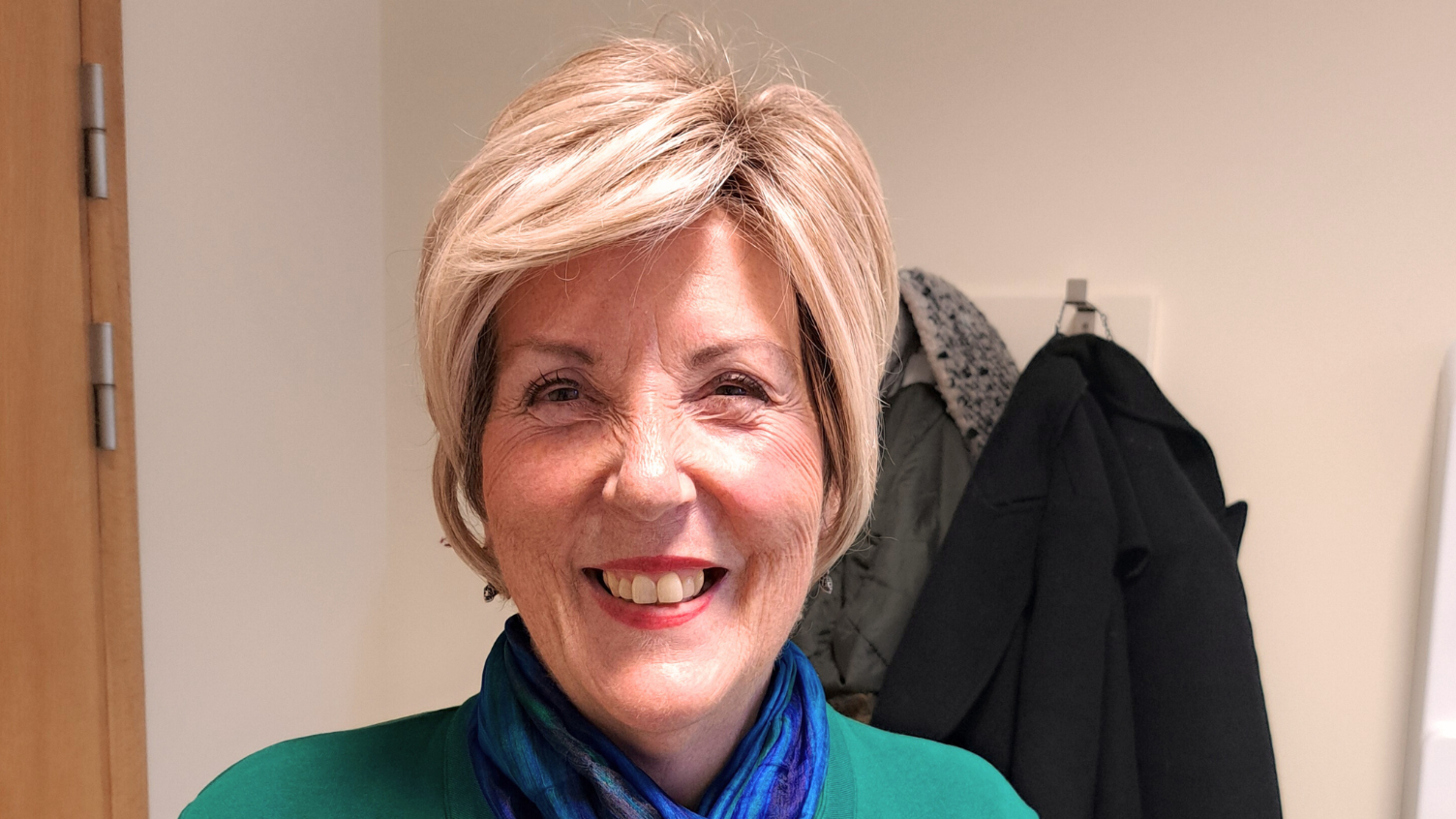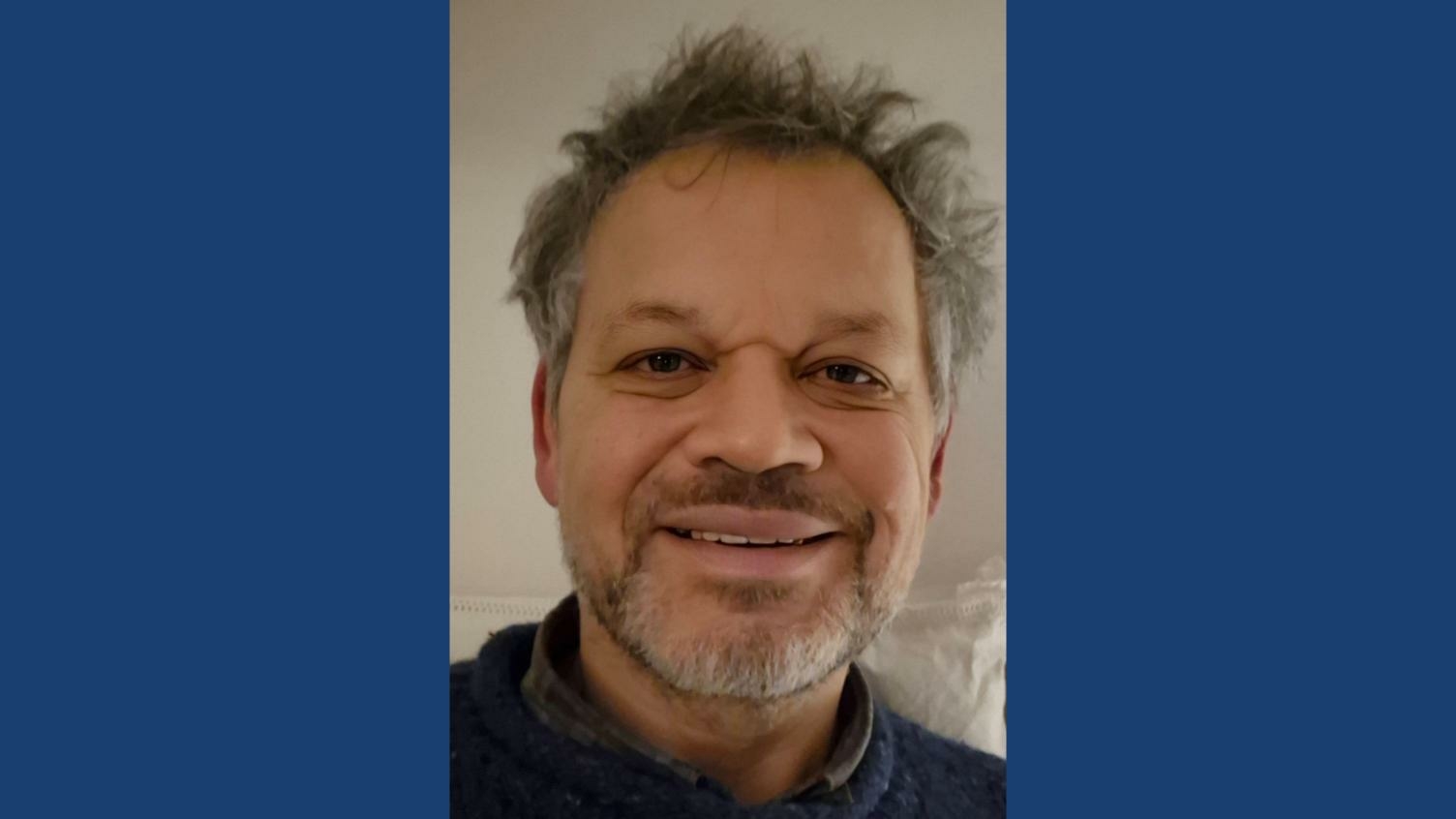Jonathan Golding is starting a project to help older people with diabetes live more independently
- 6 August 2021
- 4 min read
Early career researcher Jonathan discusses his motivations, inspirations and the ups and downs of being a research novice while juggling a busy clinical role.
In Your Path in Research - a series that uncovers the research community across the National Institute for Health Research Clinical Research Network Kent, Surrey and Sussex region - we speak with Dr Jonathan Golding, a specialist in diabetes and endocrinology at University Hospitals Sussex NHS Foundation Trust who is taking his first step into research.
What does your current clinical role involve?
I am in the second year of my higher specialist training for diabetes and endocrinology. It is a full-time role and my average week is a combination of on-call work, day shifts, night shifts and specialty work. In my current job I have five clinics a week, which are a mixture of general endocrinology and diabetes and also an antenatal diabetes clinic for pregnant women.
What is your current research project about?
I am starting a project to investigate links between type 1 diabetes in older people and frailty, which is syndrome of physiological decline and adverse health outcomes.
Firstly, I will look to find out the prevalence of frailty in people with type 1 diabetes over the age of 65, and then apply a continuous glucose monitor to them to work out whether increased frailty is associated with increased glucose variability. This will be the first observational study to find out if there is an issue there, and I hope it provides a basis for us to look at ways in which we can help people support themselves at home using a continuous glucose monitor.
I was inspired to do this project by seeing elderly patients with type 1 diabetes through my clinical practice. Lots of these people became frailer and could no longer manage their diabetes, so needed to go into a nursing home to make sure their insulin was given to them. I want to find a way to support elderly people with type 1 diabetes to live independently and manage their diabetes at home. I started to look into the subject and there is very little research out there. The fact that we don't even know the prevalence of frailty in type 1 diabetes patients as they reach older age is testament to that.
What inspired you to become a researcher?
I was inspired to become a researcher by a drive to help more people. Clinical work is great because you get one-to-one interaction with patients to make a difference to the individual. But with research, you can look at improving care on a population basis to make a difference to lots of people. You are not limited just to the person in front of you.
What do you enjoy most about research?
Discovering something new that no one else has found before. Research is a discovery process and, even at the early stage of my project, I've already discovered that the links between frailty and diabetes are unknown. I am looking forward to discovering more.
What have you found the biggest challenge?
Starting out in something that I have no experience in. At the start, I felt like I had been plunged into the deep end and I had no idea how to approach it. I've followed advice but still found myself missing a crucial step and then having to go back and retrace my steps. I think that's hard, but it's a learning process. You have to go in the deep end, start working on it and make sure you learn from any mistakes you make.
What are your career ambitions?
I would like to continue to specialise in diabetes and endocrinology, combining clinical and research work. I have some inspirational colleagues who have a really good balance between the two.
What are your interests outside of work?
I have a passion for sport and play in a cricket team. I'm also an environmentalist and have been very involved in a project to try and improve the carbon footprint of the world. Before the pandemic, I worked on a campaign to try and get supermarkets to put doors on their fridges to reduce their carbon emissions.
What advice would you give to others considering a career in research?
Always ask questions if you think something isn't right or isn't working as well as it could or should be. Questioning is the start of improving - and, as doctors, we should always strive to improve patient care. The question that sparked my project was 'why are old people going into care homes when they shouldn't need to?', and I hope my research will deliver an answer.


